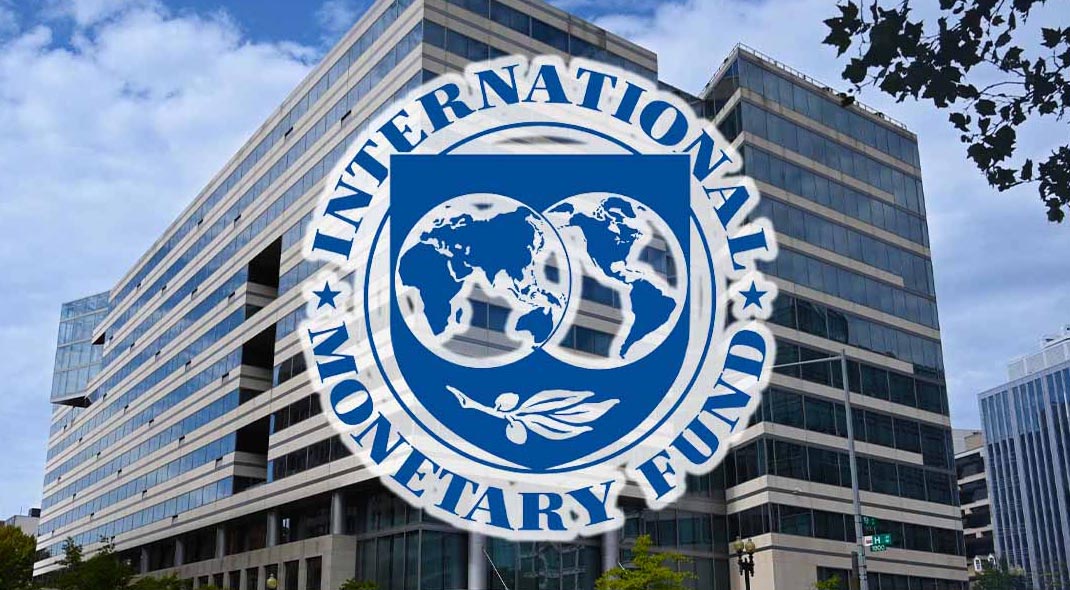Published
3 months agoon
By
Diella Teku
The International Monetary Fund (IMF) has signaled its willingness to renegotiate Ghana’s $3 billion financing programme with the incoming administration of President-elect John Dramani Mahama, provided the reforms underpinning the agreement remain intact.
An IMF spokesperson, in a response to Bloomberg, stated: “IMF-supported programmes are developed collaboratively with each country’s authorities. Any changes must ensure that the economic objectives of the reform programmes remain achievable.”
This flexibility comes as Mr. Mahama prepares to take office on January 7, following his victory in last weekend’s election where he secured 56.55% of the vote against Vice-President Mahamudu Bawumia.
Ghana’s economy has faced significant strain in recent years, prompting the government to turn to the IMF in May 2023 for assistance under an extended-credit facility. The programme aims to restore macroeconomic stability, reduce the nation’s debt burden, and foster inclusive growth.
The country’s debt ballooned to nearly 100% of GDP by the end of 2022, sparking a debt restructuring initiative. Inflation surged to 54.1% at its peak but has since eased to 23% as of November 2024. Meanwhile, the Ghanaian cedi has depreciated by approximately 60% over the last four years, and the central bank raised interest rates to a record 30% before reducing them to 27%.
Key targets under the IMF programme include achieving a primary budget surplus of 0.5% of GDP by the end of 2024 and reducing the debt-to-GDP ratio to 55% by 2028. These benchmarks are crucial to stabilizing the economy and ensuring sustainable growth.
President-elect Mahama has expressed his intent to renegotiate the IMF programme to ease the repayment terms of restructured loans and reduce the corporate tax burden. While promising to maintain fiscal discipline, he has emphasized a focus on stability over aggressive growth.
“We do not expect the NDC to walk away from the current IMF programme,” Barclays Plc stated in a note to clients. “It seems reasonable to expect a renegotiation to help align the NDC’s economic preferences and tactical macro signaling with the programme.”
The incoming administration is expected to prioritize measures that address Ghana’s debt burden while promoting a business-friendly environment. These include revisiting the tax structure and potentially modifying some of the programme’s conditions to reflect the new government’s policy priorities.
The IMF’s openness to renegotiation underscores the importance of maintaining reform momentum while accommodating the policy preferences of the new government. Ensuring that the programme’s objectives—macroeconomic stability, debt sustainability, and inclusive growth—are met remains central to any potential adjustments.
As Ghana transitions to the Mahama administration, the nation’s economic trajectory will likely remain a focal point for both domestic and international stakeholders. Whether renegotiated terms will provide the desired relief without compromising long-term goals remains to be seen.

























